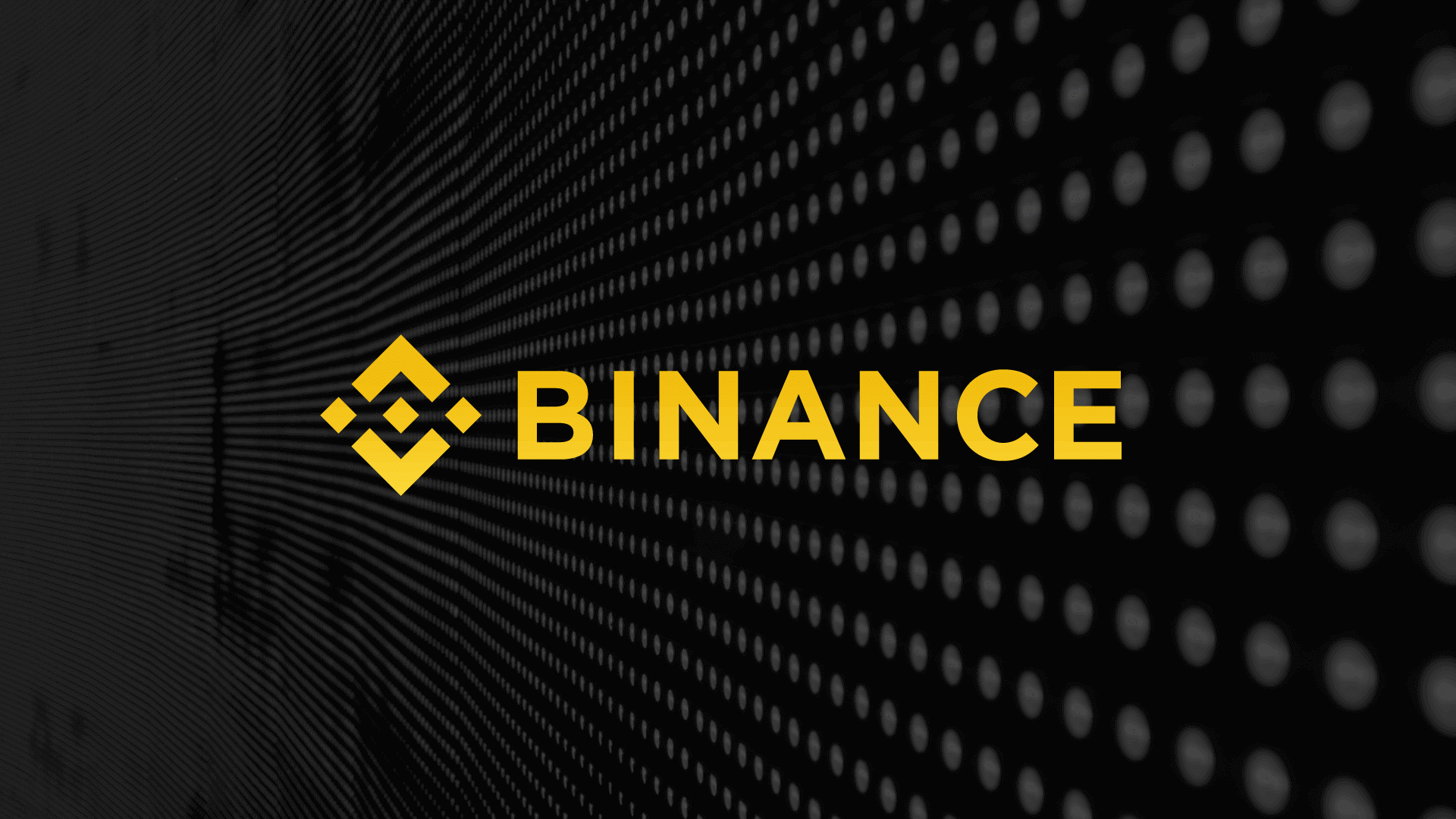

For now, exchanges will continue to operate and customers are still able to trade, but a question mark will hang over the legality of the crypto assets named in the complaints for the duration of the legal proceedings. The complaints will serve to put crypto on ice in the US, he explains. “It’s an effort to chill the market,” says Justin Browder, partner at law firm Willkie Farr & Gallagher. Some in the industry think that’s part of the motivation. All the while, the US crypto industry will hang in limbo. Short of legislative intervention from Congress, questions around the classification of crypto assets and jurisdiction of the SEC will remain unresolved too.

The complaints against Coinbase and Binance are likely to take years to pass through the courts-as demonstrated by the SEC’s case against Ripple, which deals in many of the same issues. “This downward spiral is only getting worse,” Dolev says. After a chaotic year in the crypto industry, this is just another blow for Coinbase. More risk-averse institutional investors might start to steer clear of the exchange, while banks may be reluctant to work with an organization that is attracting regulatory attention. Some of that loss could fall off with alt coin trading, if those now have to be registered as securities, and the exchange could lose another chunk from a loss in staking revenue. Dan Dolev, senior fintech equity research analyst at Mizuho, estimates that about 30 percent of Coinbase’s revenue could be at risk as the crypto industry comes under tighter scrutiny. Coinbase CEO Brian Armstrong reiterated the same message in a tweet responding to today’s SEC complaint.Ĭoinbase’s share price fell nearly 14 percent after the case was announced. In March, Paul Grewal told WIRED that “Coinbase is not asking for special treatment” but that there is no clear path to registering because the process makes no accommodation for the unique attributes of crypto tokens. SEC chair Gary Gensler has long called on crypto exchanges to register or face enforcement action.īut the demand creates a catch-22 of sorts that threatens viability in the US of crypto assets that are deemed securities: Gensler demands that crypto exchanges register with the SEC, but the exchanges claim there is no means of doing so. “Coinbase was fully aware of the applicability of the federal securities laws to its business activities, but deliberately refused to follow them.”Īny exchange that supports the trading of securities must first register with the SEC-a process that comes with various reporting and diligence requirements. Grewal, director of the SEC’s enforcement division, in a public statement. “You simply can’t ignore the rules because you don’t like them or because you’d prefer different ones: The consequences for the investing public are far too great,” said Gurbir S. The SEC also accuses Coinbase of violating securities law in connection with its staking service, which lets customers earn profits on certain crypto holdings by pooling them and locking them up. Based on that interpretation, the suit, filed in the Southern District of New York, accuses Coinbase of knowingly operating an unregistered securities exchange by selling tokens, including Sol, Ada, and Matic, to US investors.

That means they fall under its purview, the regulator says. The SEC’s latest complaint doubles down on its long-standing assertion that many crypto tokens are simply securities, as defined under existing laws in the US.


 0 kommentar(er)
0 kommentar(er)
